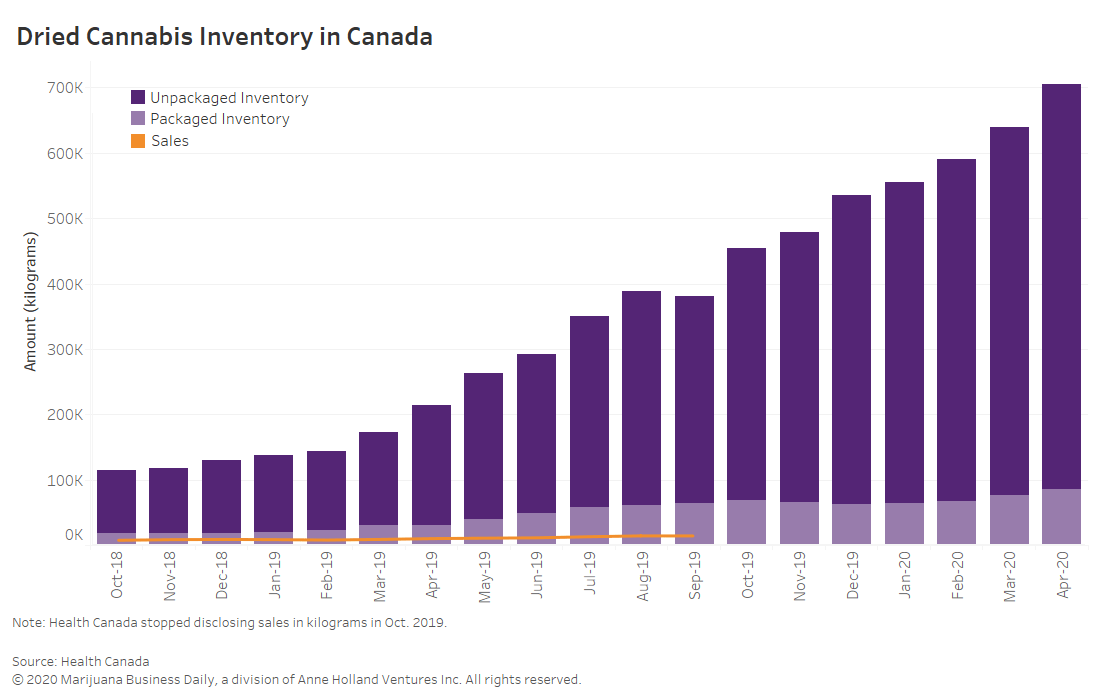There has been no shortage of signs that Canopy Growth Corp. is steering off the course set by co-founders and former co-CEOs Bruce Linton and Mark Zekulin.
Perhaps the biggest has been current CEO David Klein’s admission that the company will no longer pursue the development of pharmaceutical-grade cannabis products.
Speaking to investors, analysts, and media at a virtual event in June, Klein said, “We’re going to track away from pure pharmaceutical-drug development. I don’t think that’s our sweet spot. It is quite costly and takes a long time.”
In Canada, which continues to be Canopy’s primary marketplace, DINs are required to list products as drugs under the federal Food and Drugs Act and to sell products as either prescription or over-the-counter (OTC) medications.
As set out by Health Canada, a DIN informs users that the product has undergone and passed a review of its formulation, labeling, and instructions for use.
In the United States, prospective prescription pharmaceuticals must be tested and the results submitted for approval by the Center for Drug Evaluation and Research, which operates under the U.S. Food and Drug Administration.
Medications intended for OTC dispensing also fall under the FDA’s auspices, but the process – aimed at proving safety and effectiveness – was significantly streamlined under the Over-the-Counter Monograph Safety, Innovation and Reform Act, which President Donald Trump signed into law in March.
According to Klein, Canopy will continue a small amount of research aimed at creating OTC products for the U.S. market.
Klein’s announcement marks a significant shift from the company’s focus on efforts to develop “diversified treatment options for Canadians and for patients and consumers in other (legal) jurisdictions.”
The company has invested heavily in clinical research through:
- Spectrum Therapeutics subsidiary.
- Canopy Innovation Lab.
- Apollo Applied Research.
- Scientus Pharma.
Currently, an estimated 60 clinical trials related to cannabis are underway in Canada.




